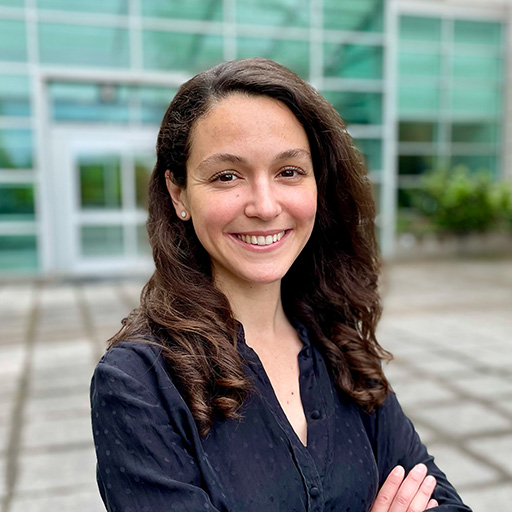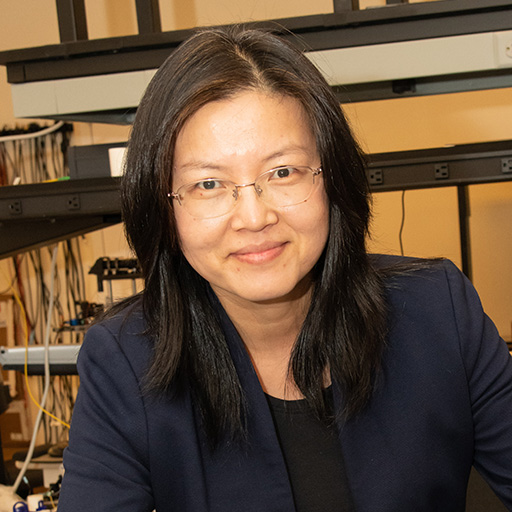Regeneration of Cone Photoreceptors in the Human Retina

About the Research Project
Program
Award Type
Postdoctoral Fellowship
Award Amount
$191,339
Active Dates
July 01, 2024 - June 30, 2026
Grant ID
M2024005F
Mentor(s)
Tom Reh, PhD, University of Washington
Goals
This project aims to reprogram Müller glia, a support cell in the retina, into functional cone photoreceptors to replace those that progressively degenerate in macular degeneration.
Summary
The human retina cannot regenerate after diseases like age-related macular degeneration, which often leads to blindness. However, a few species including fish can regenerate new retinal cells that eventually restore visual function. The regenerative process is driven by the Müller glia, a support cell in the retina. Researchers are now partially able to recapitulate this phenomenon in the human retina. Using this new strategy, they plan to test the regenerative capacity of a specific zone of the human retina: the macula. Dr. Wohlschlegel and her team next propose to test different factors to specifically stimulate cone photoreceptor regeneration from Müller glia.
Unique and Innovative
In the field of regenerative medicine for AMD, most of the efforts focus on using stem cell transplants to replace damaged cells, though there are significant barriers to the integration of transplanted cells. We propose an alternative strategy that consists of stimulating the intrinsic regenerative capacity of the retina. The potential of human Muller glia to regenerate cone photoreceptors in a 3D in vitro model (retinal organoids and fetal retinal cultures) is a new regenerative medicine approach and has significant advantages over transplants, including abrogating the need for immunosuppressors.
Foreseeable Benefits
The ability to regenerate functional neurons from endogenous glial cells provides a new avenue for developing therapeutic strategies for the treatment of human retinal diseases including AMD. Findings from this proposal will allow us to potentially derive photoreceptors from human Muller glia and thus will provide the groundwork to translate these methods to clinical application to restore vision in individuals suffering from retinal diseases.
Grants
Related Grants
Macular Degeneration Research
The Generation of Cone Photoreceptor Outer Segments
Active Dates
July 01, 2024 - June 30, 2027

Principal Investigator
Heike Kroeger, PhD
Current Organization
University of Georgia
Macular Degeneration Research
Uncovering Immune-Related Factors Driving Retinal Pigment Epithelium Repair
Active Dates
July 01, 2023 - June 30, 2026

Principal Investigator
Lyndsay Leach, PhD
Current Organization
University of Texas at Austin
Macular Degeneration Research
Imaging Tiny Blood Vessels in the Eye for Markers of Age-Related Macular Degeneration
Active Dates
July 01, 2023 - June 30, 2026

Principal Investigator
Yali Jia, PhD
Current Organization
Oregon Health & Science University



